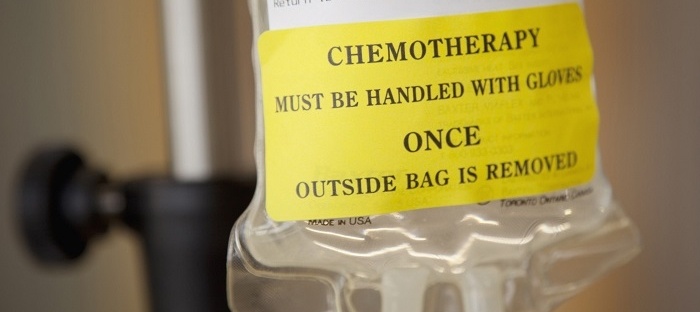
USP General Chapter <800> provides standards for safe handling of hazardous drugs to minimize the risk of exposure to healthcare personnel, patients and the environment. Originally, the standard was set to go into effect on July 1, 2018, but USP announced intent to postpone the implementation date to December 1, 2018 to coincide with the next revisions of General Chapter <797> - Pharmaceutical Compounding – Sterile Preparations. The intent is to provide a unified approach to quality compounding.
There is a free download of USP General Chapter <800> available on the USP website. General Chapter <800> describes requirements including responsibilities of personnel handling hazardous drugs; facility and engineering controls; procedures for deactivating, decontaminating and cleaning; spill control; and documentation. These standards apply to all healthcare personnel who receive, prepare, administer, transport or otherwise come in contact with hazardous drugs and all the environments in which they are handled.
USP General Chapter <800> contains language regarding refrigeration for hazardous drugs. Refrigerators are mentioned as follows:
- Refrigerated antineoplastic HDs must be stored in a dedicated refrigerator in a negative pressure area with at least 12 ACPH [e.g., storage room, buffer room, or containment segregated compounding area (C-SCA)]. If a refrigerator is placed in a negative pressure buffer room, an exhaust located adjacent to the refrigerator's compressor and behind the refrigerator should be considered.
- A method to transport HDs, HD CSPs, and HD waste into and out of the negative pressure buffer room to minimize the spread of HD contamination. This may be accomplished by use of a pass-through chamber between the negative-pressure buffer area and adjacent space. The pass-through chamber must be included in the facility's certification to ensure that particles are not compromising the air quality of the negative-pressure buffer room. A refrigerator pass-through must not be used. Other methods of containment (such as sealed containers) may be used
This language continues to pose questions from providers. Helmer Scientific has compiled a set of resources, developed by referencing USP published documents, such as the USP <800> Answer Book, to help you navigate choosing the right refrigerator for your hazardous drug storage. You can view that resource by following the link below.




